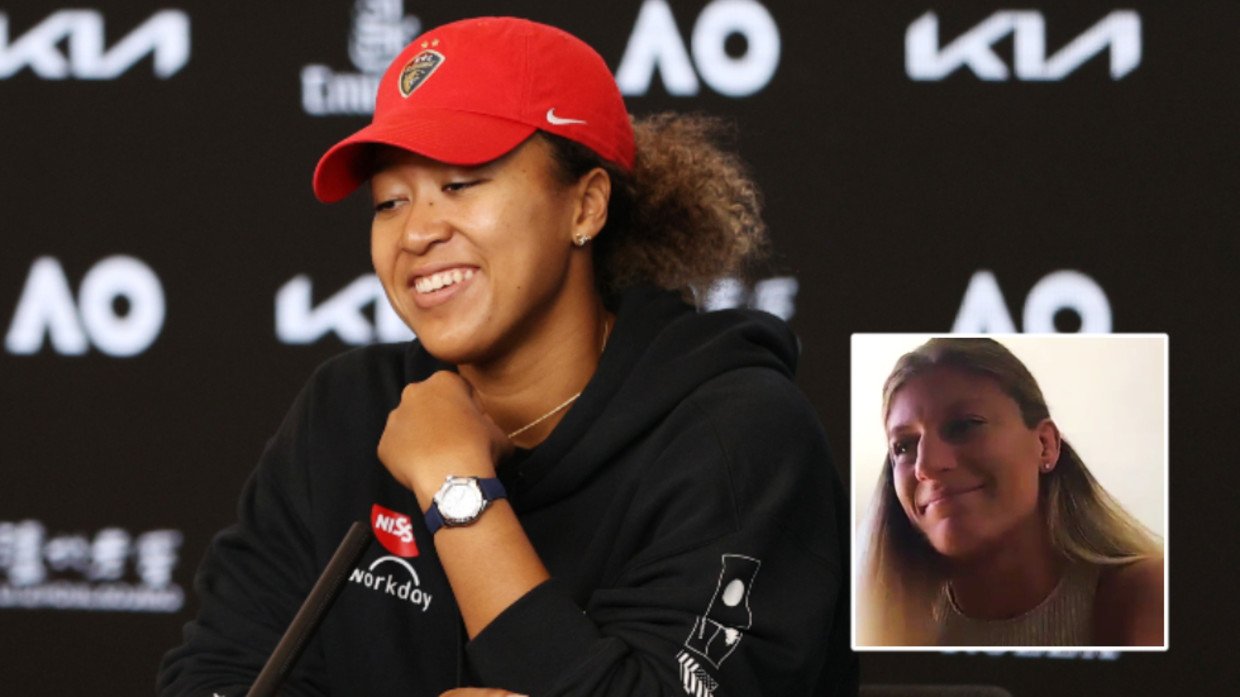Judgement and sensitivity are key elements of a sports interview, but there is also a need to recognize the difference between challenging and unfair questions – as two press conferences in recent days have shown.
There were a couple of moments across the exchanges of the 2019 Champions League pre-final press sessions that broke through the tension of the day like chinks of much-needed light.
Ahead of the all-English final, Liverpool boss Jurgen Klopp fielded a suggestion that he was a "shiny person", initially struggling, as many others present did, to understand exactly what had been said.
Klopp proffered his thanks, perhaps grateful for the unpredictable curveball, and then claimed that effervescence is a way of life for him – not that he has always shown that to reporters.
Almost simultaneously, Klopp's counterpart in the final, Mauricio Pochettino, was bizarrely asked whether he had lost weight during an otherwise almost entirely serious round of questions.
That random-seeming oddity again appeared to be a relief for the playful Argentinean, standing up from his chair to cheerily brandish his belly and offer a strut for the cameras.
These moments can be rare and invaluable in breaking what can feel like a glacial ice during press sessions. Professionalism and diplomacy have a lot to answer for in that respect, lurking as admirably ever-present barriers to more candid conversations.
Sometimes coaches, athletes and media seem distractible or even bored. Witness the exhausted tennis stars being asked if they are pleased with a win when they would like nothing more than to go straight to bed, or the managers itching to be back out on the training pitch rather than talking about transfer targets that even the worst poker player would not confide to the press.
All of which can give rise to a curious dance in the quest for compelling quotes. The path to insight can feel more like a tottering tightrope than a direct line: measured questions can lead to an affable air of openness, but get it wrong – or, perhaps worse, bore its recipient – and the shutters can come slamming down, leaving fans with a set of answers so flat and unyielding that they are little more than a waste of time.
Naomi Osaka's press conference this week led to a meta exchange between American kingpins Max Kellerman and Stephen A Smith. The pair were rightly flummoxed about what had led the thoughtful Osaka's agent, who was perhaps caught up by feeling blindly protective after the events of the last few months, to accuse a reporter of bullying over a seemingly benign line of inquiry.
The man on the mic put it to Osaka, quite reasonably, that she is not fond of media duties, asking the four-time Grand Slam champion how she balances that with the high profile she clearly enjoys at other times.
It was a topic that Osaka, as you might anticipate, had evidently contemplated herself, and her subsequent tears appeared to perhaps be an indirect consequence of more reflection – or, understandably, being back under a level of staged scrutiny that she rarely relishes.
Whether Osaka herself would have considered it bullying is debatable. Old hands Smith and Kellerman, in response, were left to offer a peep behind the curtains of the profession they are known as masters of, observing that a mentor figure they knew might have thought the question clumsily-worded.
The tone of questions occasionally has its part to play, but it would take a considerable leap of cynicism to interpret the manner of the words put to Osaka as malicious. Analyzing every inflection of a person's voice would ratchet the paranoia levels to unfathomable new heights, not so much treading on eggshells as tiptoeing through minefields.
Then there is Kayla Harrison's justifiable, eloquent rage at a reporter trotting out a line to her opponent about her looks, as if they were parodying the most antiquated form of gambit to a female MMA fighter for an ill-advised dare.
A two-time Olympic gold medalist, Harrison is entitled to have patience fatigue with those kind of questions. Genah Fabian, sitting virtually across from her, is a muay thai title-holder, not an imposter parachuted in on a gust of luck and the strength of a pretty face.
Harrison's admonishment rightly defined where the broad boundary lies in that scenario, and the day is hopefully drawing near when those afforded audiences with female fighters stop asking daft questions of that ilk.
There is, then, no doubt that being given reasonably exclusive access to athletes and their leaders is an immense privilege to be treated with care.
That sense of privilege becomes a burden when it translates into a fear of asking pertinent, perceptive questions, or creates an atmosphere of suspicion in which it becomes increasingly difficult to ensure those descriptions apply.
Also on rt.com ‘Utter nonsense’: Top US hosts defend freedom of press questions and insist tennis ace Naomi Osaka is not victim of media bullyingKlopp, like Harrison, Osaka and so many other sportspeople, showed he can flip his charisma from dazzling to dour at light speed last season, making interviews captivatingly painful on some of the occasions when he was asked about the pressures he was facing.
Those questions were often skilfully posed, which is what fans deserve and from interviews that are neither too meek nor too menacing on either side.
The trick is in applying and displaying sensitivity when it is required but, crucially, not looking for agendas where there are none, nor hurling accusations around as a result. Striking the balance right is the surest way to avoid the white noise of sterile interviews.
By Ben Miller
Also on rt.com Net returns: Chelsea boss Tuchel jokes he expects ‘50 or 60 goals’ from record signing Lukaku before Christmas
